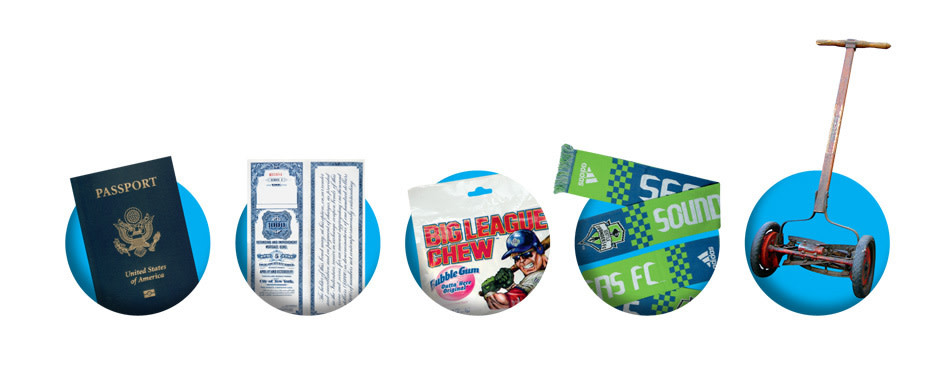Bye Bye Beavers

PORTLAND is a baseball town without a baseball team. Again. Despite a hundred-plus-year legacy with the game (including the first use of the "Beavers" name—the Pacific Coast League club claimed it in 1906, while Oregon State’s mascot remained a coyote until a few years later), Portland just can’t seem to keep a franchise. We lost our AAA baseball Beavers to Spokane in 1973, to Salt Lake City in 1993, and now to our own soon-to-be Major League Soccer team. If history indeed repeats itself, baseball will be back. But until then, some souvenirs for the departing local nine.
US Passport
Tucson, Arizona, is the Beavers’ rumored destination for next year. And the current Beavers roster, like virtually every baseball team, includes Latino surnames. Given Arizona’s controversial legislation allowing the police wide license in their search for illegal aliens, our former team’s members could use an answer when Tuscon cops ask, “May I see your papers?”
Stock Certificate
All teams are supposed to “belong” to the fans, but (as with the Green Bay Packers) this was literally true of the Beavers in 1954, when, shortly before the team moved from Vaughn Street Park to what we now call PGE Park, 2,400 fans were able to purchase Beavers equity. Maybe Merritt Paulson’s (or his dad’s) friends at Goldman Sachs can calculate today’s value?
Big League Chew
Between 1973 and 1977 the independent Portland Mavericks roster included pitcher and Ball Four author Jim Bouton, actor Kurt Russell (whose father, Bing Russell, owned the team), and the relief pitcher who came up with the idea for fake-chaw bubblegum during all that bullpen downtime: Rob Nelson, who remains a Portland resident.
Seattle Sounders Scarf
Stick it to the MLS team that kicked you out of town by cheering on their biggest rival, a.k.a. “the team Paul Allen’s company runs better than the Blazers.”
Hand-Push Lawnmower
Baseball players come and go. Rocky Benevento didn’t. From 1927 to 1966 the Beavers’ groundskeeper was the closest thing to a sports icon Portland had, whether he was putting down a baseline, mingling with the fans, or giving future Red Sox great Johnny Pesky work as a clubhouse boy.



